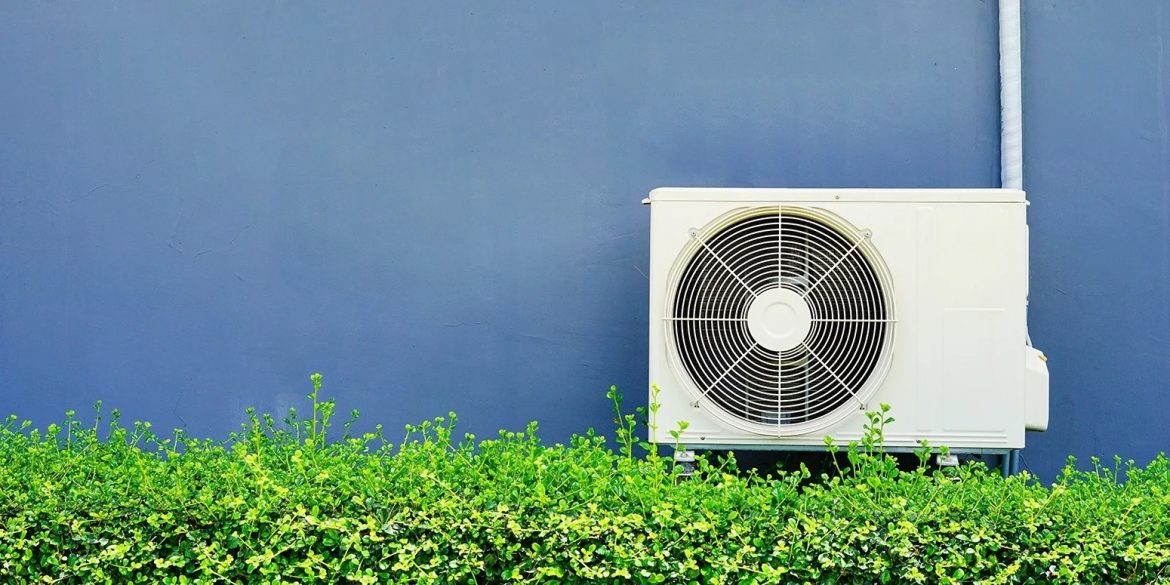SELECT THE WORDS & LEVEL
Ducted AC systems have become a favoured choice for cooling large spaces such as homes, offices, and commercial buildings due to their ability to distribute cool air throughout the building via a network of ducts. Compared to traditional window or wall-mounted AC units, ducted ACs are designed to be more energy-efficient and operate quietly. This article will examine the inner workings of ducted ACs and their benefits while discussing the importance of proper ducted air conditioning installation.
How Ducted ACs Work
Ducted air conditioning systems consist of three main components: the outdoor unit, the indoor unit, and the ductwork. The outdoor unit contains the compressor, which pressurises and circulates the refrigerant through the system. The indoor unit contains the evaporator coil, which removes heat from the indoor air and cools it down. The ductwork is a network of pipes that carry the cooled air from the indoor unit to the various rooms and spaces in the building.
The ductwork in a ducted air conditioning installation is typically hidden behind walls, floors, or ceilings, making it a discreet and aesthetically pleasing option. The ducts are designed to be as straight and smooth as possible, with minimal bends or angles, allowing maximum airflow and energy efficiency. The ducts are also insulated to prevent heat gain or loss as the air travels through the system.
Benefits of Ducted ACs
There are several benefits to choosing a ducted air conditioning system over other cooling options:
- Energy Efficiency: Ducted AC systems are designed to be more energy efficient than traditional window or wall-mounted units. Because the cooled air is distributed through a network of ducts, it can reach all areas of the building without needing multiple AC units. This means that ducted ACs can cool a larger space using less energy, resulting in lower utility bills.
- Improved Air Quality:Ducted AC systems can also improve indoor air quality by filtering pollutants and allergens. The filters in the system trap dust, pollen, and other particles preventing them from circulating through the building. This is especially important for people with allergies or respiratory issues.
- Quiet Operation: Ducted AC systems are known for their quiet operation. Because the compressor and other noisy components are located outside the building, the indoor unit operates at a much lower decibel level than traditional AC units. This makes ducted ACs a good choice for homes, offices, and other settings where quiet is essential.
- Aesthetically Pleasing:Ducted AC systems are designed to be hidden from view, making them more aesthetically pleasing than other AC units. The ducts can be installed behind walls, floors, or ceilings, so there is no need for bulky windows or wall-mounted units that can detract from the look of a space.
- Customisable:Ducted AC systems can be customised to meet the specific cooling needs of a building. With zone control, users can set different temperatures and airflow for different building areas. This allows for greater comfort and energy efficiency, as users can avoid cooling areas that are not in use.
- Increased Property Value:Installing a ducted AC system can increase the value of a property. Potential buyers may be willing to pay more for a home or commercial building that has a high-quality, energy-efficient cooling system already in place.
Ducted air conditioning systems are a popular and effective way to cool large spaces like homes, offices, and commercial buildings. These systems use a network of ductwork to distribute cooled air throughout the building, and they offer several benefits over other cooling options. Ducted ACs are more energy-efficient, improve indoor air quality, operate quietly, and are aesthetically pleasing. Additionally, they can be customised to meet the specific cooling needs of a building and can increase the value of a property.




